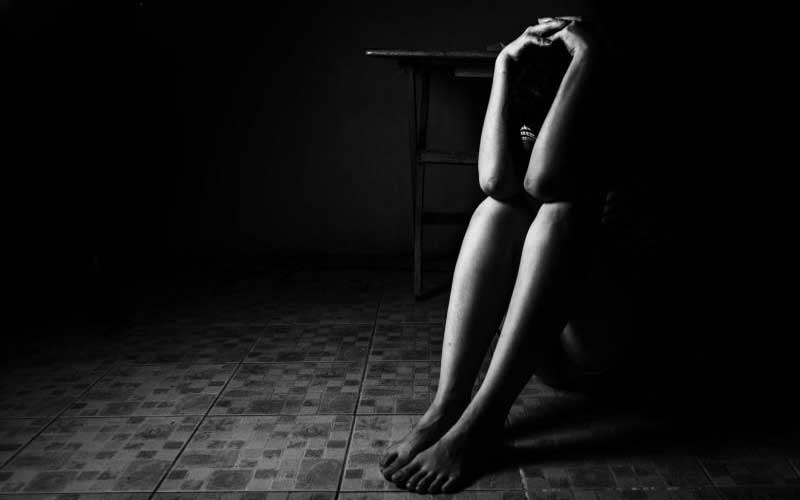×
The Standard e-Paper
Smart Minds Choose Us

Economic vulnerability of girls and young women is both a cause and a consequence of Gender Based Violence (GBV). It is well documented that GBV undermines the health, dignity, security, and autonomy of its victims, yet it remains shrouded in a culture of silence, debauchery, and impunity.